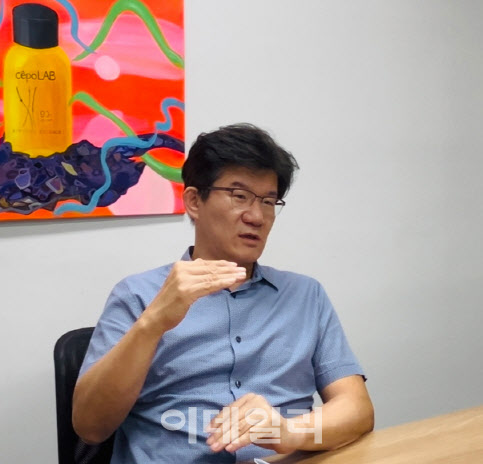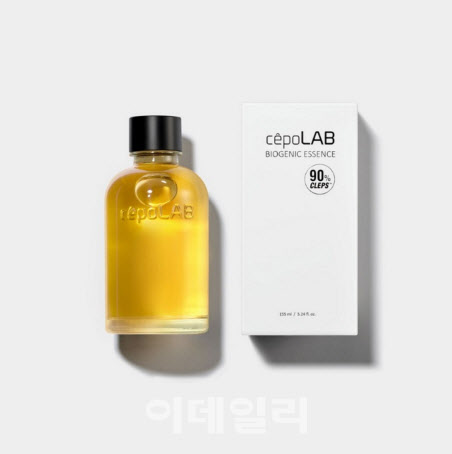The Secret Behind a Bioventure’s Success in Bio-based Cosmetics
|
This confidence is not mere bravado, it’s born of necessity. With the odds of bringing a new drug to market hovering around one in ten thousand, unshakable belief is indispensable. But many Korean bioventures place all bets on new drug pipelines without any Plan B, making them highly vulnerable if R&D stalls or funding dries up.
One biotech company has become a case study in how to avoid that trap: FugenBio, which is developing a fundamental treatment for diabetes a notoriously challenging therapeutic area with no curative drugs to date.
In an interview with Edaily on Oct. 10, FugenBio CEO Kim Yoon-su warned that “a biotech business without a Plan B is unsustainable and extremely risky.”
Founded in 2005, Kim launched FugenBio to develop a root-cause treatment for diabetes. After more than a decade of R&D, he realized that “new drug development is a marathon, not a sprint, and failure is inevitable without a stable cash cow.”
FugenBio already held a core patent for a novel microorganism, Ceriporia lacerata, known to improve both diabetes symptoms and skin health. The company has secured more than 10 global patents, including in the U.S., Europe, and Japan. Searching for a steady revenue source, Kim decided to leverage this patented material to enter the bio-cosmetics market a move that changed the company’s trajectory.
|
CepoLab has dominated Korea’s home-shopping channels, ranking No. 1 in the essence category for three consecutive half-year periods on GS Shop and Hyundai Home Shopping. The brand is also expanding globally, launching in Hong Kong, Singapore, Taiwan, and China, with entry into the U.S. and European markets planned for next year. To reach global consumers, CepoLab has also entered major duty-free retailers, including Hyundai, Lotte, and Shilla I’Park Duty Free stores.
“The stable cash flow from our cosmetics business directly supports our ongoing diabetes drug R&D,” Kim said. “New drug development takes more than a decade and requires massive investment. Depending solely on external funding has clear limits. To sustain long-term innovation, you must secure your own revenue stream.”
|
“Our core lies in a bio-platform business built on the new bio-compound Ceriporia lacerata,” he said. “We plan to extend its applications beyond skincare to pharmaceuticals, quasi-drugs, and medical devices for metabolic and immune enhancement.”
With a strong revenue base, FugenBio is now accelerating its diabetes drug program, focusing on fundamental, not symptomatic, treatment approaches and expanding its R&D staff accordingly.
“To succeed in commercializing new drugs, biotech companies must diversify how they apply their technologies,” Kim added. “But without differentiated biotechnology, it’s almost impossible to create a sustainable cash cow. Many bioventures try to enter the cosmetics market like we did but most fail because they lack that technological edge.”
류성 star@










![2% Royalty Shock at Alteogen Ripples Through Korean Biotech[K-Bio Pulse]](https://image.edaily.co.kr/images/vision/files/NP/S/2026/01/PS26012200181b.jpg)


!['2% 로열티'가 무너뜨린 신뢰…알테오젠發 바이오株 동반 하락[바이오맥짚기]](https://image.edaily.co.kr/images/vision/files/NP/S/2026/01/PS26012201091b.jpg)
